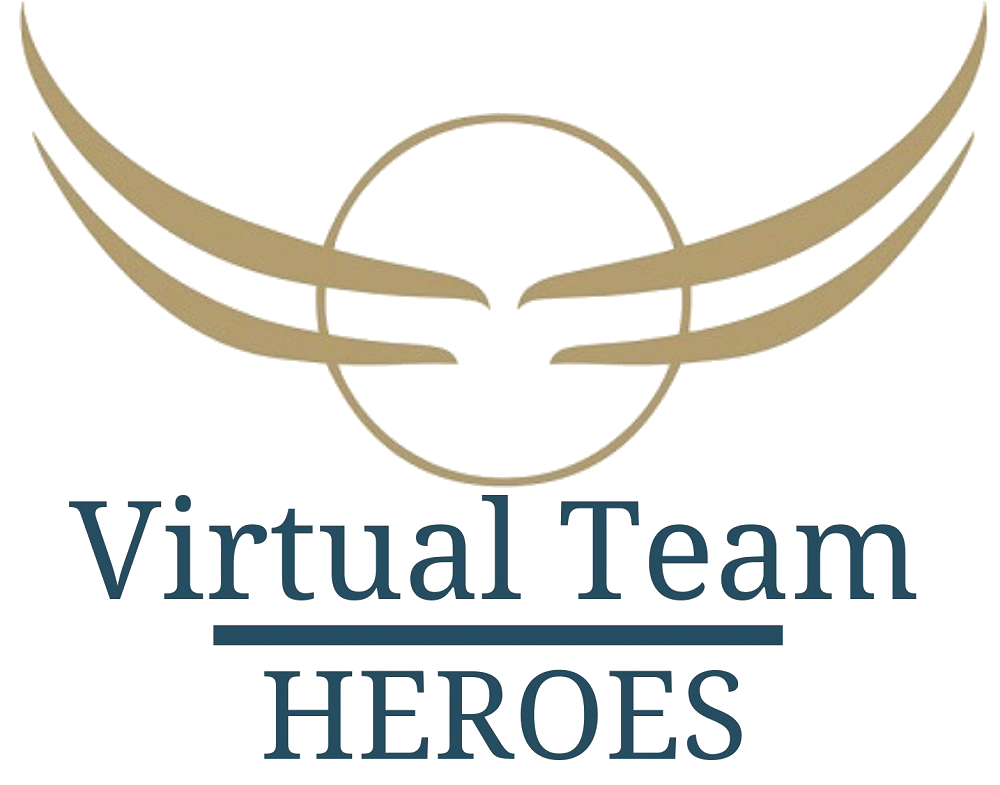This website uses cookies so that we can provide you with the best possible user experience. Cookie information is stored in your browser.

Organisational and personal resilience in the digital world of work
In today’s digital world of work, we are constantly confronted with new challenges and changes: Everything seems to be faster and more dynamic. Working online and dealing with digital work stresses our brains in a new way. In addition, we feel a high strain from multitasking and using several digital tools and applications simultaneously.
Digitalisation has blurred the line between work and private life, as it is now possible to work from anywhere and at any time. We often experience constant availability, more pressure, and the phenomenon of FOMO – fear of missing out.
People hope that tomorrow will be similar to today’s present. The constant changes are perceived as uncomfortable and threatening. Or they are understood as mistakes that need to be quickly eradicated. Many people feel they are losing control or that things can no longer be planned. The issue of stress and mental health are among the most critical challenges facing companies today and in the future.
Contradictions promote stress and burnout
Tensions and contradictions characterise the digital world of work. There is a conflict between
- flexibility and constant accessibility
- lived and desired practice and methods
- isolation and communication overload in chats, emails, and meetings
- the preservation of the known and continuous change
All these events can lead to stress, overload, and burnout. Our mental health and productivity are under attack.
Is the term „resilience“ just hype or an essential skill?
„Resilience“ is far more a new hype or trendy term, and companies must devote more and more attention to resilience in today’s working world because the risk of burnout or mental stress is increasing. This is shown by current studies such as the BGM study „#Whatsnext – Healthy working in the hybrid working world“ from March 2023:
- 38.5 % of the surveyed managing directors, health managers, and HR managers say that mental stress in the workplace is of great or at least rather great importance in their company.
- 69.3% say that this will increase even further by 2025.
- 40 % of the companies offer employee stress reduction, resource strengthening, or resilience workshops. But this is only symptom control.
Organisational and personal resilience go hand in hand
Although many companies have committed themselves to the topic, burnout rates continue to rise. If you look closely at the companies‘ agendas, you quickly realise these are purely well-being offerings. Yoga and mindfulness only help in the short term and are not sufficient in the long term. Both organizational and personal level, is necessary to prevent burnout in the long time.
What does it take to build resilience, and how can this be done?
There are specific factors that influence resilience in the digital workplace. On the other hand, some mechanisms help build personal resilience.

Establish a „healthy“ digital work organisation:
A particular focus of the measures in the digital workplace is on a „healthy“ digital work organisation and a good balance between synchronous and asynchronous working time. This has an enormous influence on the well-being of employees.
Ensure psychological safety in the digital workplace:
The digital workplace seems to fall out of the standard for many, and we suddenly lack the shared context that defines the game’s rules. Instead, employees bring their individual preferences that are personally important to them for flexible working: Focus times, individual productive times, and daily routines. Employees should feel comfortable talking about personal preferences in confidence.
We help you to build organisational and personal resilience. Let’s talk.

